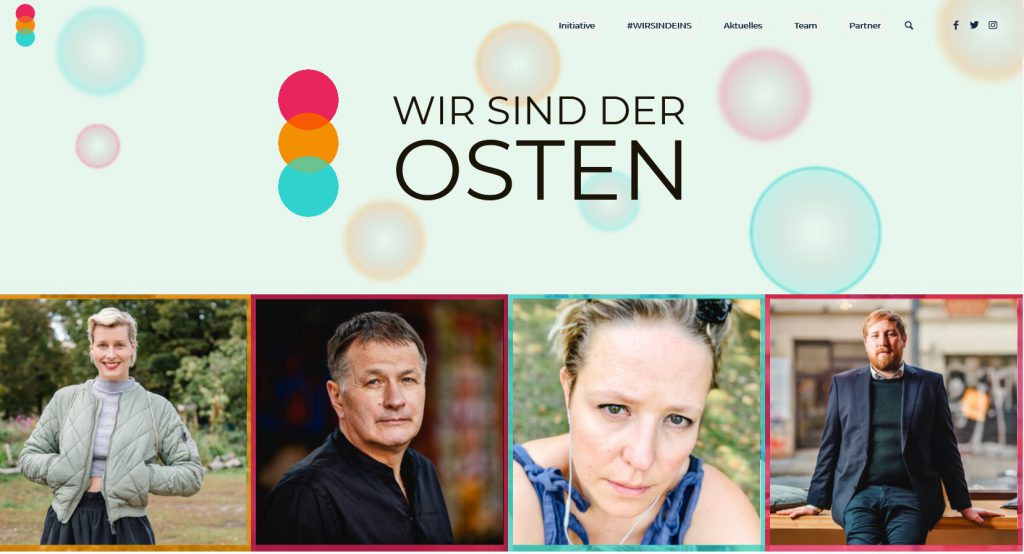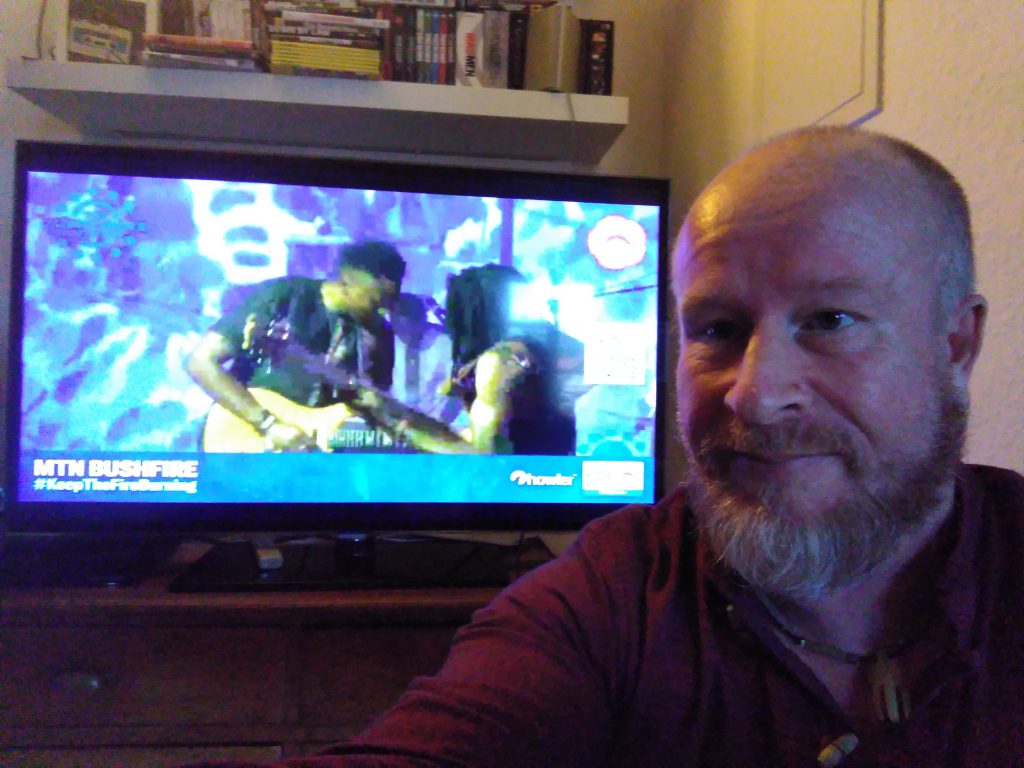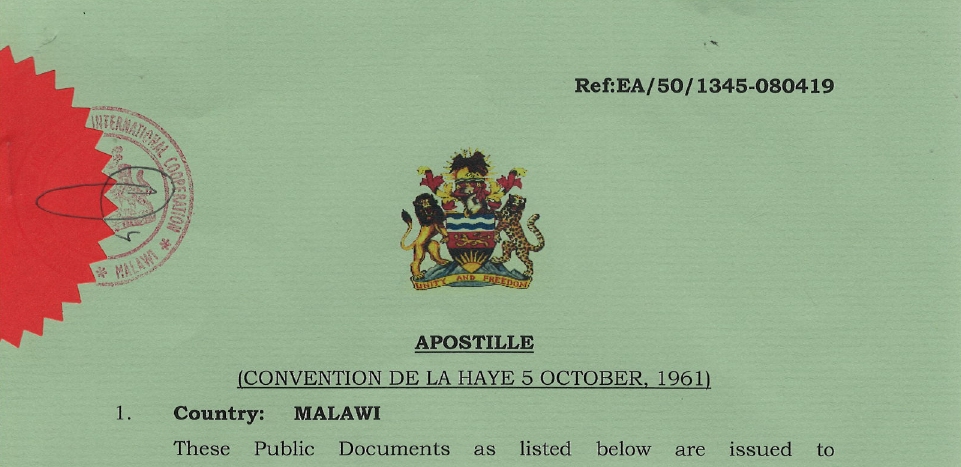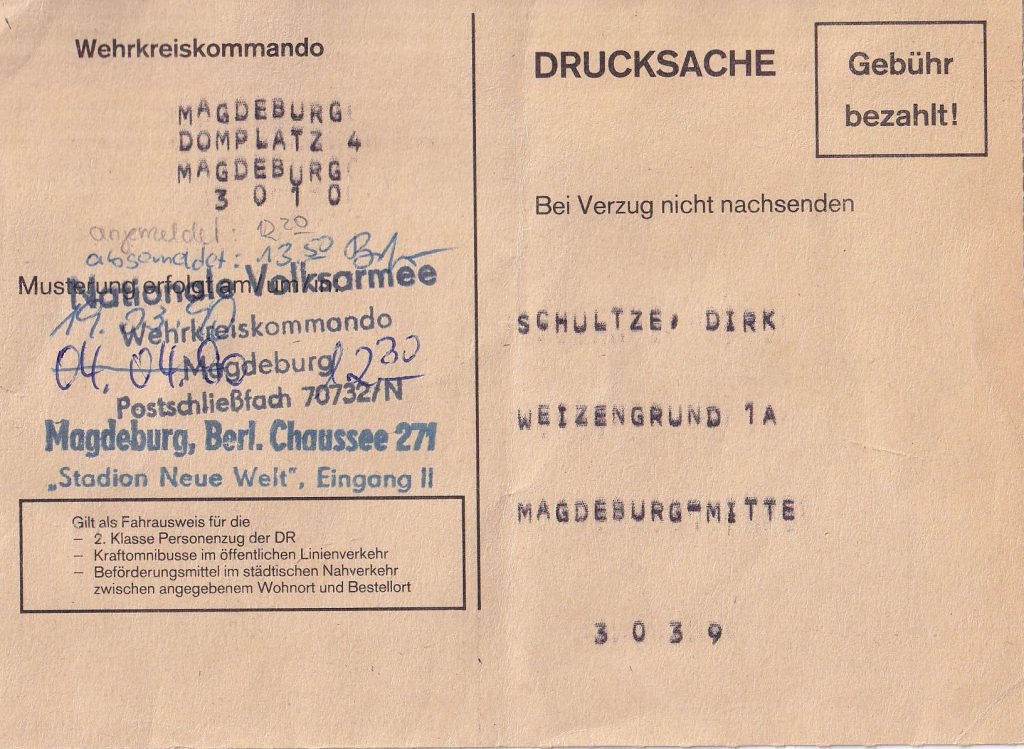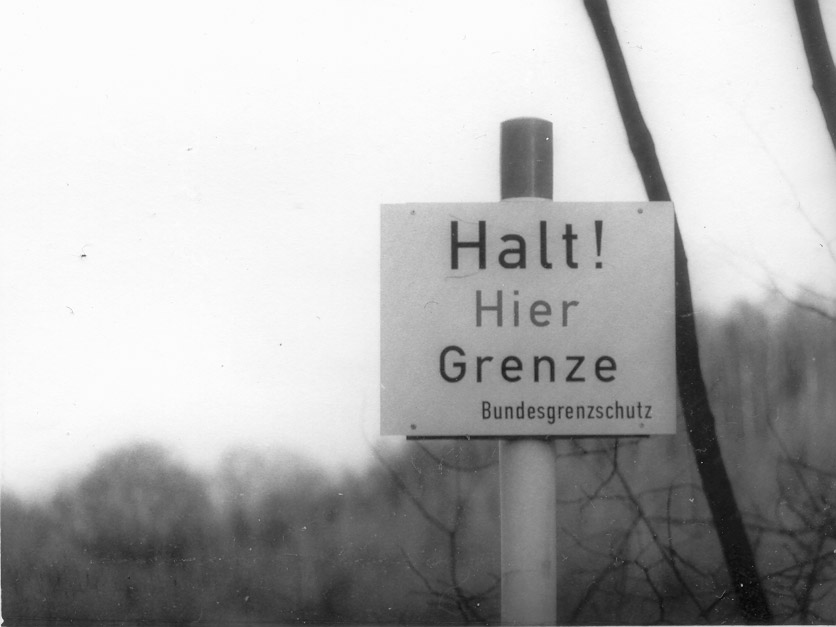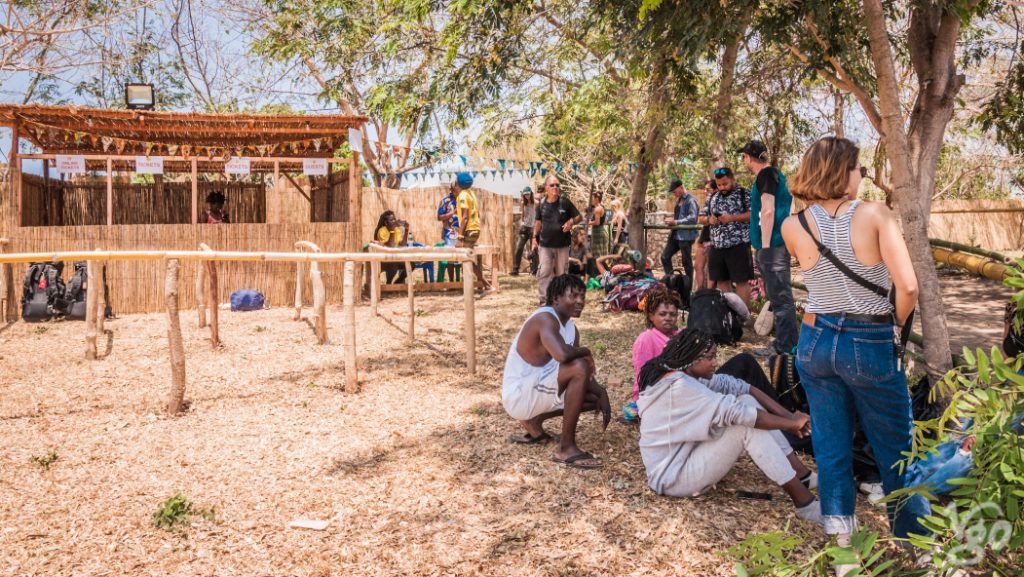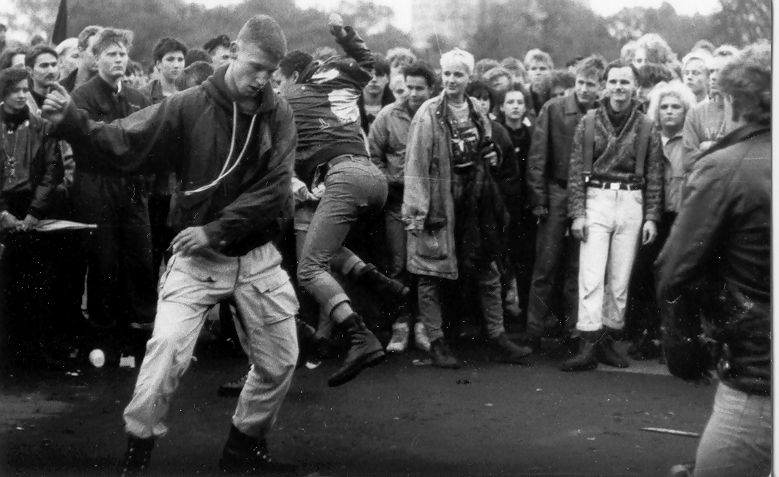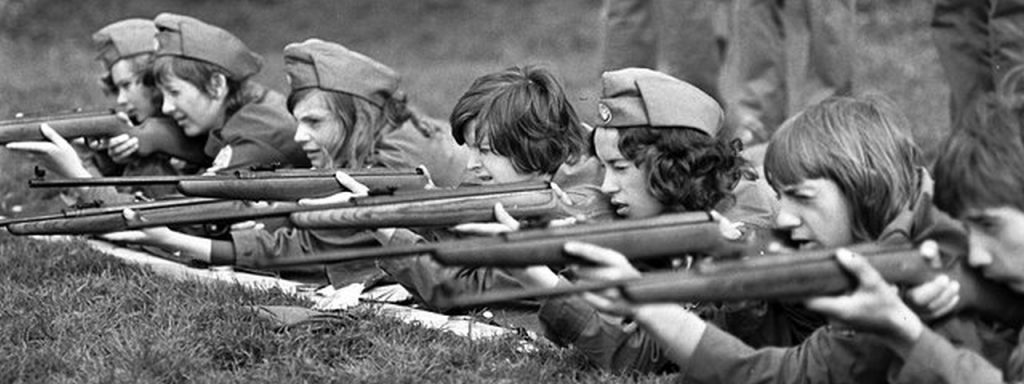This morning my wife, from Malawi and still somewhat disappointed by the German government that doesn’t give us the Monday off, asks me: “So this is your Independence Day?!” Uhmm, I’m from East Germany, that got me thinking. Isn’t it rather Dependence Day? … Now, I intend this ironically, in all seriousness! 😉
Actually, I get the sense that this 30th anniversary is more meaningful: I think we, as East Germans, are becoming who we are. I find it is noticeable, especially these days, and it feels healthy. Less victim of circumstances and world history, more confident. Wir sind der Osten is just one of the shapes this has taken.
